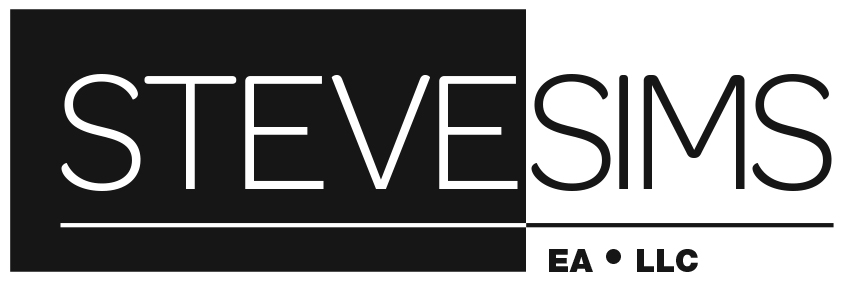Didn’t pay your vehicle registration.... CA Franchise Tax Board may come after you!
The Franchise Tax Board (FTB) focuses primarily on efficient and cost-effective tax revenue collection. It makes sense for public agencies to entrust FTB to operate other revenue collection programs on their behalf.
In 1993, the Legislature passed Revenue and Taxation Code Section 10878 which transferred responsibility for collecting overdue vehicle registration fees to FTB.
The California Department of Motor Vehicles (DMV) focuses on its primary services to its customers: driver’s license certification or renewal, motor vehicle licensing, and annual vehicle registration renewals. The DMV mails nearly 33 million vehicle registration renewal notices to Californians every year. Approximately 3.73 million of these vehicle registration accounts, worth an estimated $425 million, become delinquent. DMV lacks the administrative authority to take involuntary collection actions, such as bank or wage levies. Instead, they must file actions against debtors in small claims court.
FTB exercises its administrative authority to take involuntary collection actions on behalf of DMV. In fiscal year 2016-2017, FTB handled approximately 1.35 million accounts for DMV and collected nearly $187.8 million.
Delinquent Vehicle Registration Collections Process
DMV mails an annual renewal notice to the last known registered vehicle owner 60 days before the registration expiration date. If the registered owner fails to pay the renewal amount by the expiration date, DMV sends a delinquent notice that is marked Final Notice 30 days after the registration has expired. The third and last notice that DMV sends is also marked Final Notice and is sent 30 days after the second notice. This notice also advises the registered owner that their unpaid account is being referred to the Franchise Tax Board (FTB) for collection action.
Throughout the collection process, DMV retains management responsibility for all referred accounts. We refer all account disputes or complaints to the DMV Liaison Section or to the debtor’s local DMV field office for resolution, allowing DMV customers to deal directly with their local DMV field office.
By the time we receive an account referral, the debt is generally 90 days delinquent. We immediately issue a Demand for Payment Notice. If the debtor does not respond to the notice within 10 days, we begin involuntary collection actions, such as bank and wage levies.
Bank levy: Once we issue a bank levy attaching the debtor’s bank accounts, we provide the debtor at least 10 days from the notice date to pay the debt voluntarily before the bank automatically forwards the funds to us.
Wage levy: Once we issue a wage levy to a debtor’s employer, we provide the debtor at least 10 days from the notice date to pay the debt voluntarily before the employer begins withholding up to 25 percent of the debtor’s disposable income.
As DMV’s collection agent, we forward all funds collected to DMV. DMV then makes disbursements to various state and county agencies.
Delinquent Vehicle Registration Collections Funding
The Vehicle Registration Collections Program is funded through the Motor Vehicle Account, State Transportation Fund, and the Motor Vehicle License Fee Account, Transportation Tax Fund.
For more information click here:
https://www.ftb.ca.gov/individuals/dmv/overview.shtml
